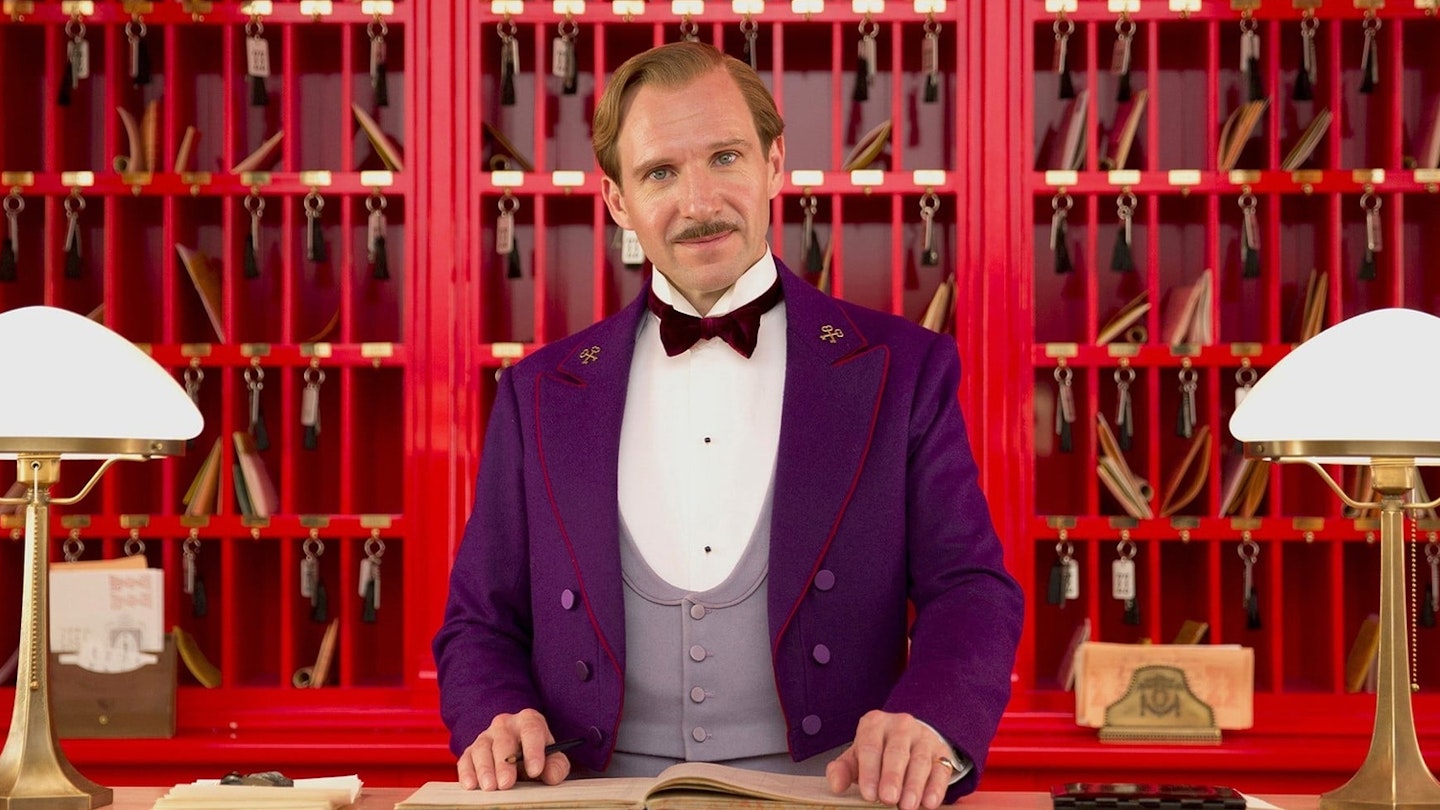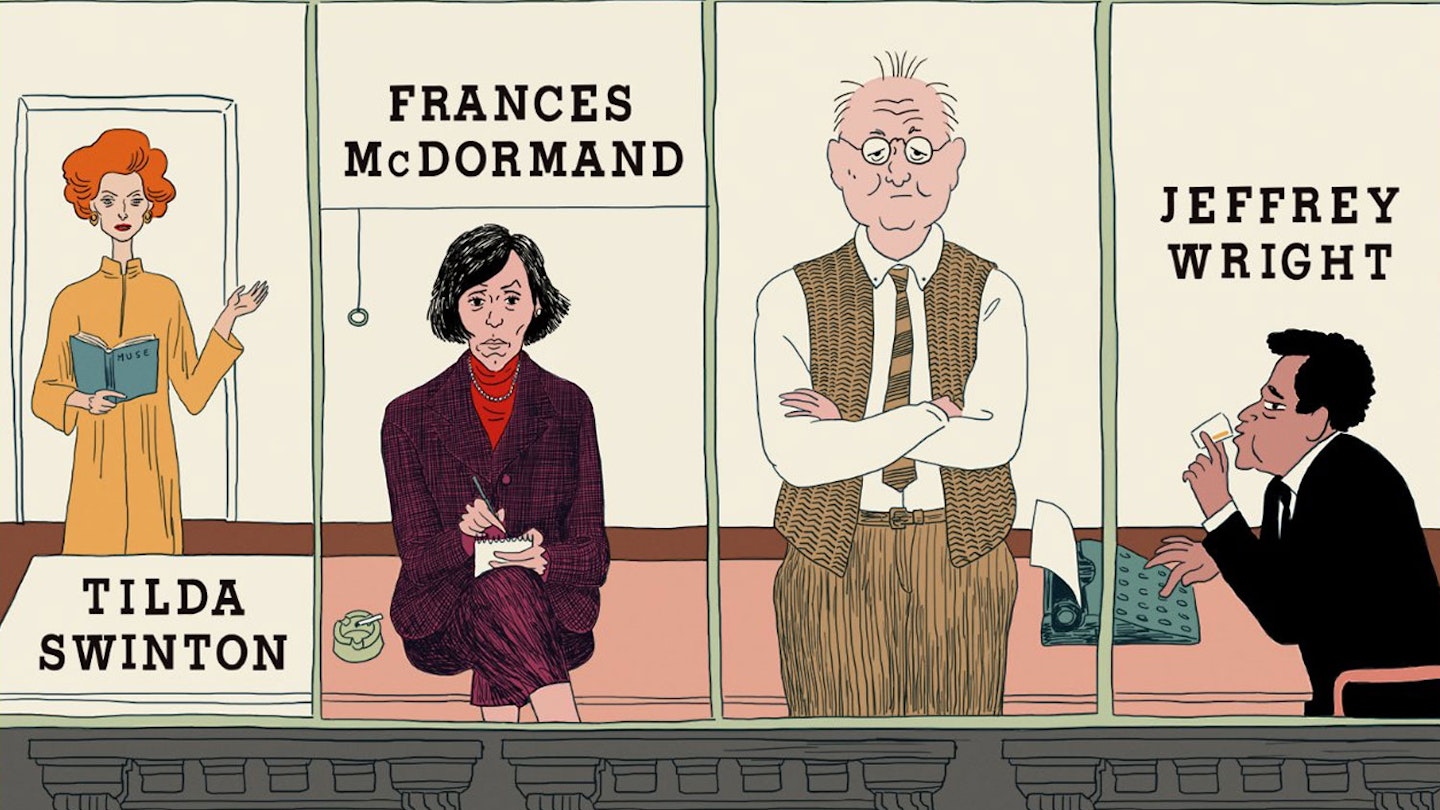Anderson-ian? Anderson-esque? People often opt for the even-less wieldy “Wes Anderson-y”. When Richard Ayoade’s feature debut, Submarine, was bracketed thus, it was high but exclusive praise: “It’s, I don’t know... It was very Wes Anderson-y.” There’s something about the world the Houston-born, Austin-educated writer/director creates: a considered vibrancy to it that feels very designed but yet real, affected but touching. He was the perfect filmmaker for Fantastic Mr. Fox. He could make a kick-ass Charlie Brown. Here he mines the material of his own mind — along with Roman Coppola’s — for a story about first love, tender regret, coming of age and second chances.
Nostalgia is, it seems, just as good as it used to be: this is another American movie to make you long for an upbringing you never had — just as Adventureland had you embracing theme park peccadilloes and Dazed And Confused made you think the ’70s were in fact worthwhile.
It says something about Anderson’s astute taste and delivery that his seventh feature evokes both the pop- and pot-laced reflections of that masterpiece by fellow Texan Richard Linklater and the more hard-faced ruminations on youth in François Truffaut’s The 400 Blows. You watch Anderson’s films and feel like you should know more about European and American cinema, but his work never feels like it’s trying hard to impress. It’s made by someone as at ease reading Proust as watching North By Northwest, someone whose work lingers in the mid-Atlantic, with a European spirit and an American landscape: call it Andersonland. Sometimes it can feel a tad chilly (The Royal Tenenbaums), sometimes too breezy (The Darjeeling Limited), but when you’re acclimatised, few places can feel as warm, beautiful and oddly hospitable.
Though considerably lower in both budget and stop-motion jaguar sharks, Moonrise Kingdom feels like a companion-piece to The Life Aquatic With Steve Zissou: sharing not just Bill Murray (of course), but a sense of sorrow over roads not taken and love left to neglect. Though the runaway relationship is at its heart, it works because the body is the mouldy marriage of the Bishops (Murray and Frances McDormand) and the sad-sack soul of the sheriff. Bruce Willis — for whom the term irascible describes not so much a temperament as a career — is understated and touching as the local law-enforcer, living his life of quiet desperation and seeing something in himself kindled by the spark of young love.
Murray and McDormand have an inherent warmth that serves as the echo of happier times in their now stricken relationship, which would otherwise be a little lightly sketched. There’s also a lovely, if upsetting, truth in seeing people try to raise children — Suzy (Kara Hayward) discovers her mother’s copy of Coping With The Very Troubled Child — when you realise you don’t really have a bloody clue what to do with them, other than strive to make sure they don’t turn out like you. What is appealing here is innocence and confidence, whether from the children or even the initially rather clueless kind of Edward Norton’s Scout leader, whose guilelessness appears to be mocked but is eventually admired. Certainty is perhaps the thing we miss most from being young — because you are never so certain as when you don’t know how wrong you can be. That’s where the love between Sam (Jared Gilman) and Suzy is so beguiling. It’s insane to run away together to a cove and imagine you’ll never be found by the parents you wish you didn’t have or will replace the ones you have lost with this new love. But it’s a fairy tale they — and we — want to believe.
Eventually, the story’s resolution feels a little pat, after the slightly forced drama of the third act (Tilda Swinton is great as the cruel Social Services, but a rather late-arriving witch-figure in this fantasy land). But it doesn’t matter, because what Anderson is selling isn’t drama, it’s hope. This is a delightful film of innocence lost and regained — with superb turns from the newly discovered leads. Charming, daft, bright and joyful. Very — yes, okay — Wes Anderson-y.








